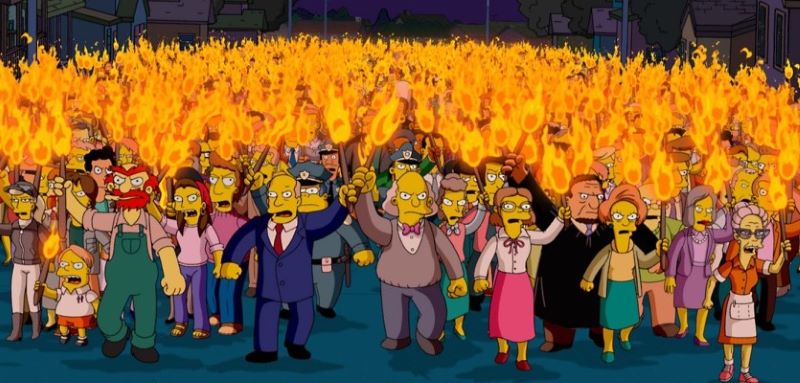
Once self-proclaimed bastions of free speech, film festivals increasingly kowtow to woke progressive and grievance-culture growing in U.S. society. As a consequence, acclaimed and quality films perceived to be on the wrong side of mandated group-think get the boot from movie fests in acts of self-censorship.
“A new, unspoken modus operandi [is that] festivals — once the bastion of provocative, button-pushing fare — are desperate to avoid controversy and the wrath of any identity-focused Twitter mob,” says a Variety analysis by Tatiana Siegel. Hot buttons are gender issues, wealth gap/economic equity, supporting a strong role for government in society and reparations for past history. Critics amplify their views and disdain on social media aimed at festivals for their choices of movies, fest discussion issues and sponsorship affiliations.
Films accepted at festivals are finding they are abruptly uninvited if their content is out of compliance with woke norms. The Variety story cites “Jihad Rehab” — a documentary about Guantanamo prisoners released to a 12-month Saudi de-radicalization program — that was accepted and then dropped by Sundance and other fests. Elsewhere, the German-language pedophilia drama movie “Sparta” had its invitation revoked by the Toronto International Film Festival after a German magazine article criticized the movie for its handling of its youthful cast, Variety says.
Those movies were caught in the transition phase while future films simply won’t be invited at all. They’re faced with being discarded by the cancel culture if favorable to conservative and pro-American values or else contain other verboten viewpoints.
When caught by the Twitter mob straying from mandated orthodoxy, film festivals sometime issue apologies. Sundance released a public mea culpa for having accepted “Jihad Rehab” in the first place, expressing regret for “hurting members of our community.”
The conformity also applies to festival-goers, not just the films. In an opinion article in the Wall Street Journal, Gary Geipel, a self-described “classical liberal” and previous Sundance Film Fest attendee, revealed Sundance now requires attendees promise to adhere to a broad standard for personal conduct. In the article headlined the “Sundance Film Festival Loyalty Oath,” Geipel says that the fest’s “Community Agreement” includes refraining from “abuse or intimidation including that related to race, gender, position, or wealth.”

Sundance attendees also have to agree to fight the spread of Covid virus, though this and other hot-button issues in the loyalty oath presumably can be subject to interpretation. For example, exactly what is “wealth … intimidation” and how does one avoid it? It’s a “new form of woke authoritarianism: a demand that you sign a loyalty oath to [simply] go to the movies,” Geipel wrote.
The Variety article included a distressing blind quote from a filmmaker saying “A programmer at a Latino film festival told me, ‘If just one person objects to your film, I can lose my job.’”
This post relies on reporting from Variety and the Geipel opinion article. But evidence that the film sector increasingly imposes contemporary norms seems to be growing. For example, video streaming services recently sanitized key-art movie posters erasing cigarettes and cigars, leading to images of movie stars missing familiar smokes as props.
Some might scoff that any change is actually afoot by pointing out that the film fest scene and Hollywood have always embraced liberal politics and a progressive social agenda. But even with that orientation in the fest-industry hierarchy, the festivals were open to non-conforming views that now face cancel culture. Films that made festival runs in past years include “American Sniper,” tabloid-trasher “I, Tonya” and all the guilty pleasures from bad-boy auteur Quentin Tarantino.
If film festivals continue to back away from free expression, it will be increasingly difficult for them to assert that they are champions of new ideas and exploring all sides of controversial issues. One possible remedy is a rebrand simply acknowledging a reality that self-identified festivals only want films projecting desired viewpoints and movies with other viewpoints need not apply.
Related content:
Leave a Reply